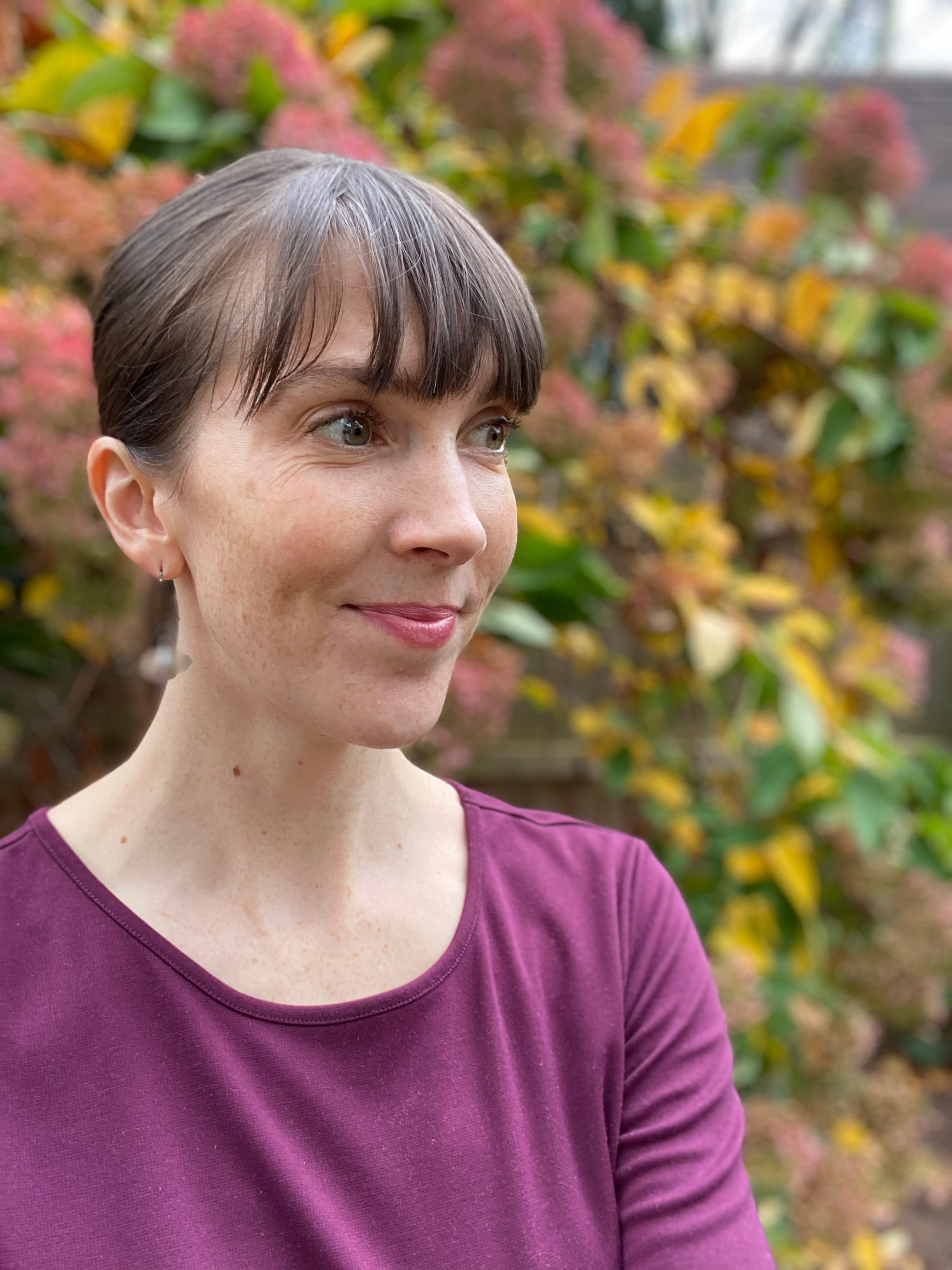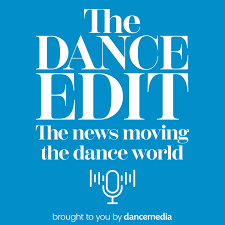Dance of Art Journalism

Is journalism dead? What is the most trusted form of media today? While there isn’t a definitive answer, one company comes admirably close. Dance Media Publications is a multi-varied media platform that covers dance like no other and has been consistently delivering engaging content to the most dancers, dance professionals and dance lovers globally. Among its many satellite publications, the Dance Edit podcast stands out as a prominent voice for daily news and updates revolving the world of dance.
When the time finally came, I duly reached out to Margaret Fuhrer, formerly the Editor in Chief and Producer of the Dance Edit Podcast. She currently serves as the Features Editor for the Dance Magazine. Let's see what were her major lessons in the pursuit of a career in arts journalism then 👇
1. Don't be a snob.
The news business has had many inherent problems: a declining appetite for news among the young; a breakdown between "news" and "entertainment" values; public mistrust over our power and objectivity. And when the President of the Columbia University finally issued his fairly innocuous statement of his educational goals for journalists, the most noted public response was brutal. He believed that most journalists should be credentialed by universities, and journalism, he says, should be seen (and should see itself) as a profession.
The backlash relates to Lee Bollinger's vision of snob journalism: journalism by an elite for an elite. The resounding fear at the time was that ultra professionalism would grant a select few institutions the power to limit and standardize the field, which in turn would put it out of reach of the common citizen. But this anti-professional attitude in journalism is nothing new, it is just evidentially stronger today than it has been in generations.
And what about the arts? Yes, snobbery is still all over arts journalism, which makes things both limiting and troublesome. "Highbrow"/"lowbrow" distinctions are at best arbitrary, and at worst classist or racist or both. Journalism must remain a craft, something marinated in the streets and forged by doing it rather than merely thinking about it. Only this will make it responsive to the public, and ensure its economic vitality. Dance Media saw an opportunity to provide a form of writing that harmonizes news and entertainment, elements inherent to the art form itself, and benefited as a result. Looking for ballet tips? Try Pointe…Interested in entrepreneurship? Check out Dance Business Weekly. And if becoming a teacher is what moves you, then Dance Teacher is right there for the taking. Ultimately, like what you like, but don't assign value based on your own preferences. Seriously, Don't be a snob, Be more curious!
2. Relatedly: Interrogate the factors that drive you to write or assign a particular story.
Being a journalist isn't a cookie-cutter type job - the topics, communities, hours and stories evolve daily. It keeps us on our toes and coming back for more. So what are the prevailing factors that truly motivate a journalist to write and keep writing the best stories? One fundamental motivation is the curiosity to get to the bottom of a confusing or complicated issue and find patterns that help explain it to readers. Making sense out of chaos — especially when you can do it first — is something many journalists find very rewarding. Another reason could be telling stories in a compelling way. How does one tell an important story so that it will be read to the end. How to write the kind that can move readers to laugh or to cry?
As a subscriber of The Dance Edit newsletter, I receive a petite daily rundown of the world’s most prominent news in dance. Basically think of your evening 8pm news you or your parents watch but purely dance related. When asked how she did it, Margaret admitted that it merely required time and effort, through Googling and scouring for news every single day without fail. Well, thank God for the internet, thank God for Margaret!
Well, maybe IT IS more about the HOW rather than the WHAT. As journalists, it all starts with often rhetorical questions. Margaret herself has evolved significantly in this regard since starting out as an editor. Her main criterion used to be: Is this a story she’d want to read? But centering herself that way is inherently exclusive and contradictory. Now the questions she asks are: How will her audience learn or otherwise benefit from this story? Is this a story that hasn’t been told, or told enough, or told from the most meaningful perspective? The factors will always exist, but it still takes one to constantly interrogate those factors that drive one to write or assign a particular story.
3. Words are powerful. Wield them thoughtfully.
Words have power. Their meaning crystallizes perceptions that shape our beliefs, drive our behavior, and ultimately, create our world. Their power arises from our emotional responses when we read, speak, or hear them. Just say the word “fire” while barbequing, or in the workplace, or in a crowded theater, and you’ll get three completely different but powerful, emotional and energetic reactions. Yes, even the words of others can easily affect our personal vibration. Spend a few minutes with a chronic complainer who constantly spouts negativity, and you’ll feel your personal energy bottom out. Simply put, words are extremely potent tools, even for the unpleasant.
That's why The Dance Edit podcast shines light and bright among all the Dance Media subsidiaries. Just like this show, podcasts have elevated the spoken word to a whole other level of consciousness in the lives of content consumers. And while this medium does not and perhaps will not remove the immovable influence of written words, the landscape has changed completely when mixing voice into the equation. Suddenly, a word is no longer just another variable, but one accompanied by the human emotion and imagination. Regardless of which medium you prefer, we all just need tools and more options to express ourselves better as communicators, which dancers are by default.
Speaking of tools, I’m often asked: Is Twitter, or social media in general, a reliable source of information on historical revolutions? That’s a lot like asking: Is television trustworthy? Are newspapers any good? At the end of the day, it’s just a tool — and it depends on how you use it. This is true for everybody, but especially journalists. The internet has indeed flattened the media landscape, which means that a Tweet can be as influential as a fact-checked, deeply reported, 5,000-word story. So, whatever writing you’re putting out into the world, make sure it represents your best self. Words are powerful. Wield them thoughtfully.
| 21.03.2024 |














